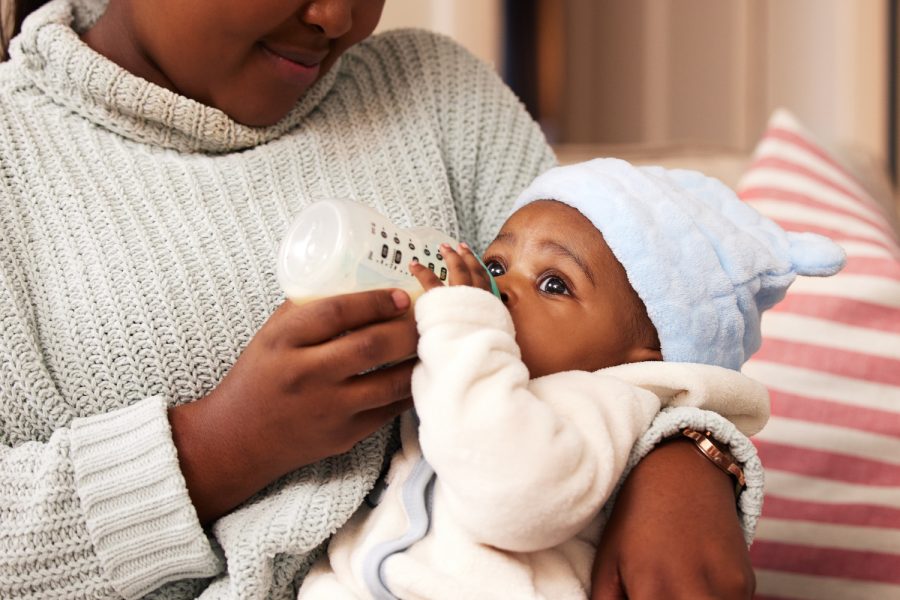Opinion | We need equal access to infant formula
More resources are needed in Iowa amidst the nationwide infant formula shortage.
June 14, 2022
Every parent wants to give their child the best start in life. But with a national shortage of baby formula, many parents find themselves struggling to provide the most basic nutrition for their infants.
The largest supplier for infant formula, Abbott Nutrition, recalled their formula because of contamination by a bacteria that can be fatal in infants. While this national shortage has affected all parents and infants, it has not affected all parents and infants equally.
Low-income households face great disparities in accessing infant formula. Iowa can do more to give infants in low-income households a better start to life through governmental programs.
This February, Abbott Nutrition recalled powder formulas manufactured in one facility after an infant who tested positive for Cronobacter sakazakii passed away.
Cronobacter sakazakii is a germ naturally found in dry places, making food items like powdered infant formula, powdered milk, herbal teas, and starches an ideal nest. While the germ has less severe effects on most people, it can be fatal when ingested by an infant.
When cronobacter was traced to the Abbott Nutrition facility, the company recalled certain lots with expiration dates of April 1, 2022, or later. The recall included many of the most purchased formulas, leading to nationwide shortages of formula.
While this shortage has affected all parents and infant-caregivers, low-income households in Iowa face more barriers in accessing formula. This disproportionately impacts non-white households.
The Special Supplemental Nutrition Program for Women, Infants, and Children (WIC) is a nutrition assistance program for low income and nutritionally at-risk women, birthing people, infants, and children up to the age of five.
Abbott Nutrition is the main supplier of commercial milk formula for individuals on WIC. About half of infant formula nationwide is purchased by participants using WIC benefits; therefore, this shortage has had a disproportionate effect among low-income households.
The Iowa WIC served approximately 59,200 participants each month, as of October 2021. Although Iowa is 90.6 percent white, only 69.2 percent of people on WIC identify as white.
This leaves not just low-income households, but low-income non-white households at a disadvantage in accessing infant formula.
More than 75 percent of Iowa households on WIC contain at least one working adult. Iowa follows the rest of the country in offering no statutory national paid maternity leave. People who breastfeed must often return to work and provide sufficient nutrition to their infants.
Every child deserves the best start in life. While there is more to be said about the FDA regulations in infant formula facilities, we need to address the outcomes of this problem as it presents itself.
WIC is a federally funded program, and states are not required to provide funds. But Iowa proclaims itself to be a pro-life state, as all levels of the state government are held by Republicans. Iowa needs to do its part to ensure all infants have the basic means to live.
When parents cannot provide the most basic forms of nutrition for their infants, for reasons they cannot always control, people with power need to step in to help. Iowa needs to give more resources and funding to programs like WIC so low-income households can access infant formula.
More funding is needed for parents and infants amidst this national shortage. Formulas outside of Abbott should be supplied to ease the strain caused by the shortage. Iowa needs to step in to ensure the health of all infants.
Columns reflect the opinions of the authors and are not necessarily those of the Editorial Board, The Daily Iowan, or other organizations in which the author may be involved.















